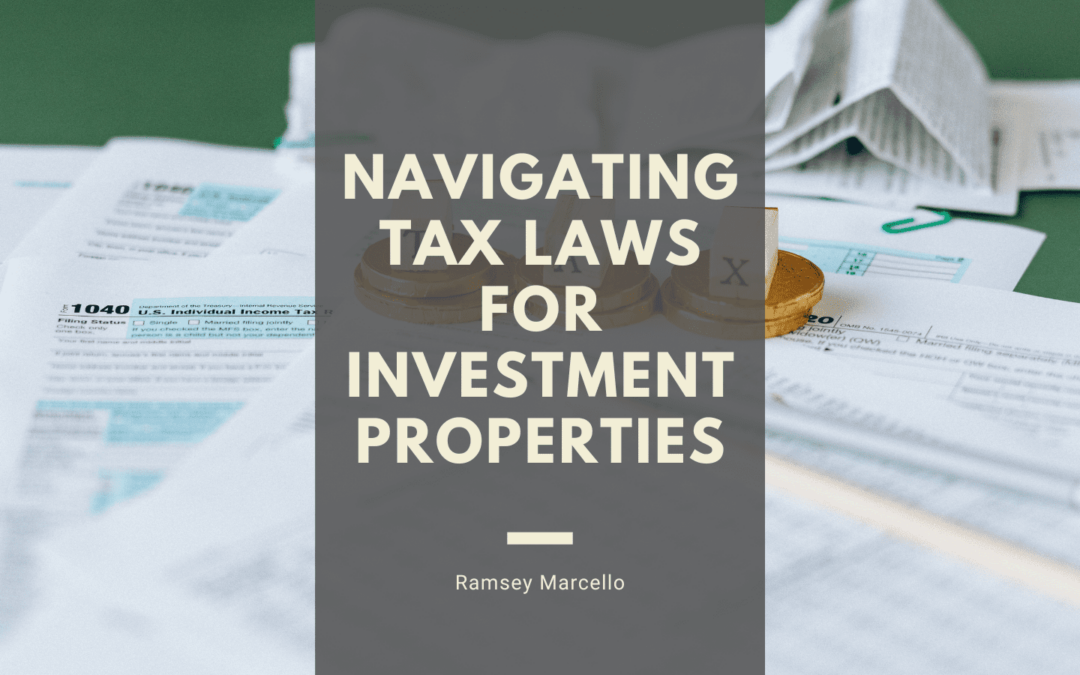Investing in real estate can be profitable, but navigating the complex tax considerations is crucial. Understanding the tax laws related to investment properties is crucial to increase your returns and ensure compliance with the tax code. This article will discuss the crucial tax considerations that every real estate investor should know.
Understanding Rental Income Tax
When you own an investment property and generate rental income, it’s essential to understand how it is taxed. Rental income is typically categorized as taxable income, and it must be reported on your tax return. However, there are also opportunities for deductions that can help mitigate your tax liability.
Deductible Expenses
One of the significant advantages of owning an investment property is the ability to deduct specific expenses. These deductible expenses can include property management fees, mortgage interest, property insurance, property taxes, and maintenance costs. Maintaining thorough records of these expenses is crucial for accurately calculating your deductions.
Depreciation Benefits
Real estate investors can also reap the benefits of depreciation deductions. The IRS permits investors to depreciate the cost of their investment property over a predetermined period, usually 27.5 years, for residential properties. This depreciation can significantly lower your taxable income, providing substantial tax relief.
The 1031 Exchange
Also known as a like-kind exchange, the 1031 serves are a tax-deferral tactic investors utilize. It grants them the ability to sell one investment property and utilize the proceeds to acquire another property of equal or greater value. This, in turn, allows them to postpone the payment of capital gains taxes. This approach is valuable for amassing and safeguarding wealth within the real estate sector.
Passive Activity Loss Rules
Real estate investors should know passive activity loss (PAL) rules. These rules place limitations on the amount of passive losses that can be deducted against other income sources. Nevertheless, exceptions, such as the real estate professional exception, may allow you to claim additional losses.
Capital Gains Tax
You may be liable for capital gains tax when you sell an investment property. The tax rate depends on factors like property ownership duration and overall income. Strategic planning and a thorough understanding of capital gains tax can assist in reducing your overall tax burden.
Tax Benefits of Real Estate Investment Strategies
Different real estate investment strategies, such as long-term rentals, short-term rentals, and fix-and-flip properties, can have varying tax implications. Evaluating the tax advantages and considerations associated with your chosen investment strategy is vital.
Navigating tax laws for investment properties is a fundamental aspect of real estate investment. By gaining insight into the tax ramifications of rental income, deductible expenses, depreciation, 1031 exchanges, passive activity loss rules, and capital gains tax, you can make well-informed financial decisions that maximize your returns and minimize your tax obligations.
It is crucial to remember that tax laws are subject to change. Therefore, it is essential to keep yourself informed and seek guidance from tax professionals or financial advisors to ensure that you comply with current regulations and take advantage of available tax incentives.
